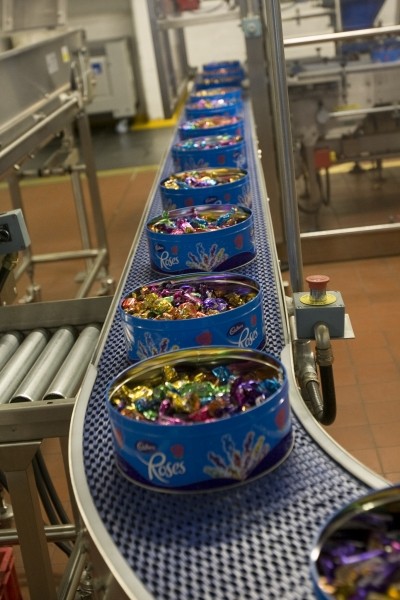Software to cause hard problems for food firms

Action taken to guard against the risk of computer failure at the end of 1999, the so-called Y2K bug, was the last time many food manufacturers undertook a major software upgrade, according to software supplier QAD. Since then, many food firms had undertaken only minor upgrades.
“Many clients are only now attempting to move systems into the twenty-first century,” Gordon Fleming, QAD’s executive vice president and chief marketing officer, told FoodManufacture.co.uk.
Competitive disadvantage
Failure to invest had left the UK food manufacturing sector at a competitive disadvantage and compromised traceability and food safety, said Fleming. It had also caused UK firms longer down-times than their competitors.
Highlighting the cost of poor traceability, Fleming said manufacturers aiming to export organic food materials to countries such as Japan faced stringent regulations that might not be met if the product could not be traced through each stage of the supply chain.
Also, modern software systems were essential in ensuring firms had the proper hazard analysis and critical control point (HACCP) procedures in place. Such systems were particularly important in the case of product recalls, he added.
Fleming said: “In the past 18–24 months there have been various issues around the food supply chain. Companies want to have greater integrity in the supply chain, not only back to the raw material but also laterally – looking at what has touched the product and the process it has gone through.”
Preventable downtime
UK manufacturers with older software can also lose money through preventable downtime. Up-to-date software systems can calculate when a part is likely to wear out, order a spare and highlight the need for replacement before it breaks down, said Fleming.
UK firms needed to adopt a “continuous improvement” policy towards software management. Each software system should be examined and upgraded if necessary, preventing any one area from being neglected for too long a period, he said.
Software should be reviewed any time the business model changes, the business expands or new technology is introduced.
Meanwhile, UK food manufacturers lag behind even their competitors in central and eastern Europe in the rate at which they modernise their IT systems, said Fleming. In central and eastern Europe, factories are often operated with newer software systems. This is partly because many facilities are newly-built and partly because local managers have prioritised the installation of up-to-date computer systems, said Fleming.















